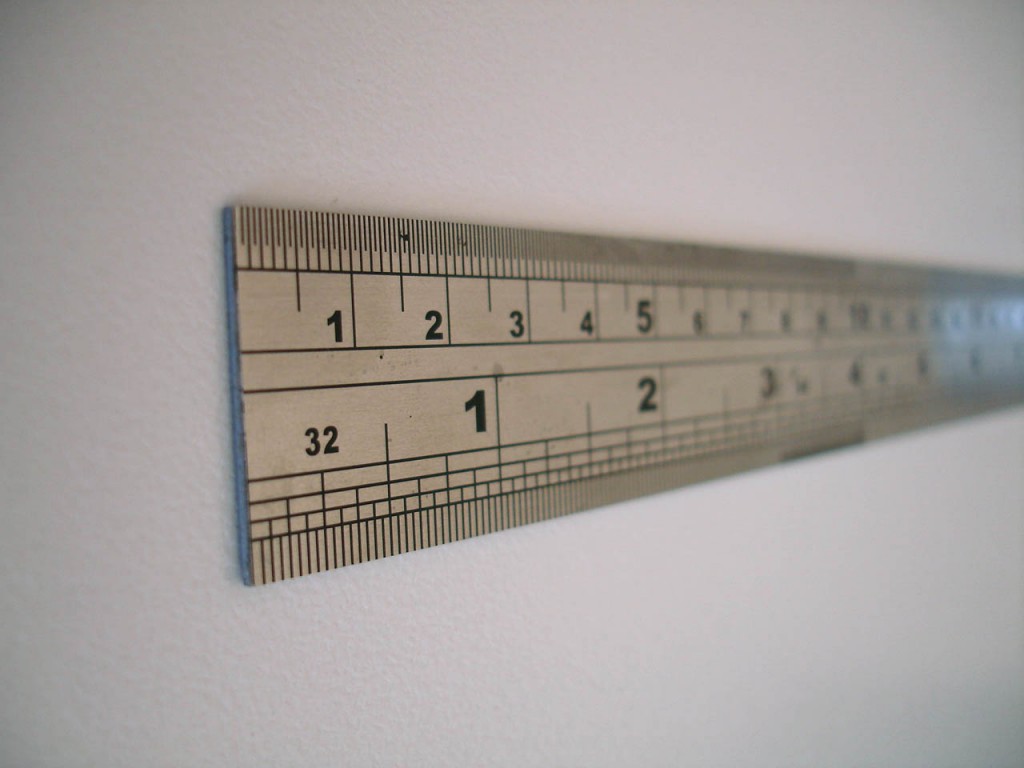 Ramesh Thakur once said that size is an elusive variable. So I commend Anthony Bergin for re-opening the debate about Australia’s middle power status and position on the world stage.
Ramesh Thakur once said that size is an elusive variable. So I commend Anthony Bergin for re-opening the debate about Australia’s middle power status and position on the world stage.
As I’ve written elsewhere, the ‘middle power’ label has waxed and waned in Australian foreign policy discussions for over 60 years. But this is still a debate worth having, because although the academic world has largely moved on from talking about middle powers in the international system, countries such as South Korea, Indonesia, Turkey and Mexico are now engaged actively in discussions about how second-tier states can and should respond to the shifts in global power relativities.
And there are new steps being taken to formalise the role of the middle powers in international forums. For Anthony, the establishment of the MITKA grouping in the margins of the UN General Assembly as a coordinating mechanism for middle powers undersells Australia’s key economic and political strengths and therefore diminishes our potential diplomatic clout as a more significant ‘pivotal’ power.
National role conceptions such as ‘middle power’ or ‘pivotal power’ can be an important guide to understanding the overall orientation and direction of foreign policy behaviour. But labels have their limitations. At the end of the day, foreign policy is about the pursuit of national interests. And, since 1945, governments of both political persuasions have found that, in the absence of what Gareth Evans called ‘clout’ in the international system, Australia’s national interests were best served through the application of persuasion, cooperation and institution building. Think APEC, the Cairns Group, the Australia Group etc.
In fact, middle powers and pivotal powers aren’t mutually exclusive concepts. In some cases, a state could be considered both. But regardless of the label, the diffusion of power and prosperity across the world will mean that these second-tier states will hold increasingly strategic positions, making them capable of shaping the politics, economics and security of their regions.
The key question is this: should Australia not participate in these emerging middle power groupings because the label seems clumsy or old fashioned?
I think not. There’s clear value in closer cooperation between the five middle powers of Australia, Indonesia, the Republic of Korea, Mexico and Turkey. Not all national interests align, but these countries share a number of common characteristics that make them natural partners, including open, democratic governments, open economies and a creative, practical approach to the conduct of international relations.
Australia has nothing to lose from regular, informal cooperation with other middle powers in the margins of global meetings, and may, in fact, have a great deal to gain in terms of shaping the new institutional architecture in ways that foster our interests in a rules-based international order.
Carl Ungerer is a foreign policy adviser. Image courtesy of Wikimedia Commons.

